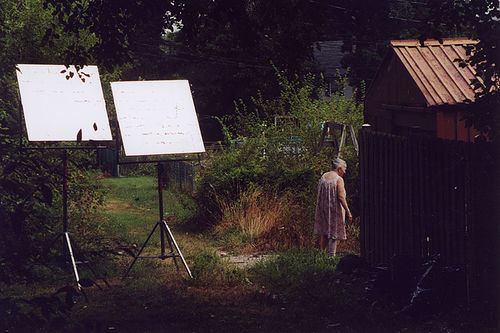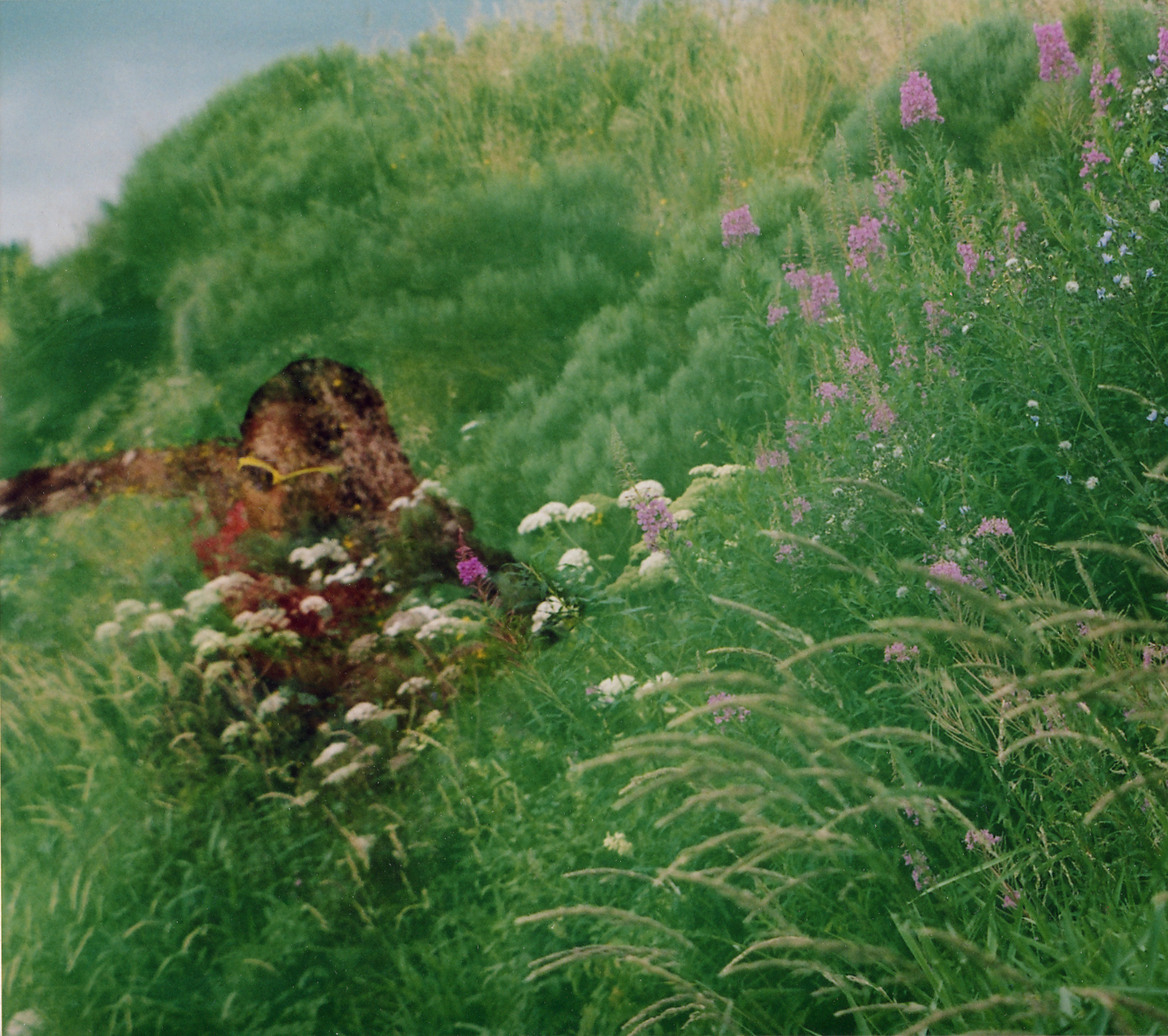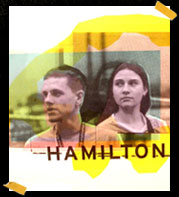HELP HAMILTON GROW!
Tuesday, May 25th, 2010We at the Hamilton Film Group are very excited about this Kickstarter program, uniting a community in Northeast Baltimore through gardening. Hamilton Crop Circle is seeking seed money to help their various projects grow…
Local Composting Program:
Hamilton Crop Circle works with area restaurants (like Chameleon Café, Clementine’s, Hamilton Tavern, etc.) to collect compostable materials at no charge, reducing waste, while creating natural fertilizer.
Roof Top Gardening:
HCC is developing a system of rooftop gardening projects in the industrial and mercantile sectors throughout Baltimore City to produce locally-grown food.
Feeding the hungry:
Recognizing the need to provide fresh food to Baltimore’s needy, HCC has forged a partnership between Our Daily Bread and the Baltimore Farmers Market to donate fresh foods weekly.
Educational Growth:
By developing microfarms at area schools, HCC is educating young people about where food comes from and how to grow it. The gardens are ideally watered by the school’s rooftop cistern. And the vegetables find their way to the cafeteria and the science room.
Some money will be allocated to developing worm composting systems; other funds will be allocated to building greenhouses for year-round produce production. All projects will become sustainable economic engines…
BUT help is needed! Please consider backing HCC! We did!




